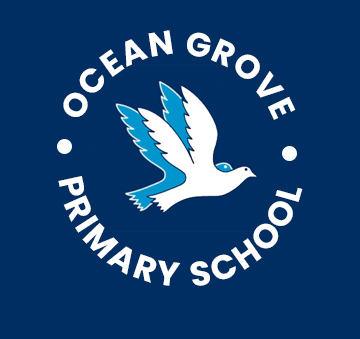OCEAN GROVE PRIMARY SCHOOL
At Ocean Grove Primary School we use the Victorian Curriculum to design our engaging teaching and learning programs in Numeracy. Key learning areas for Numeracy include Number and Algebra, Measurement and Geometry and Statistics and Probability. The Victorian Curriculum incorporated the Australian Curriculum and reflects Victorian priorities and standards. Students in all year levels are timetabled to receive a minimum of five hours of numeracy per week. For more information on the Victorian Curriculum, click here.
Ocean Grove Primary teachers follow a whole school instructional model for all lessons to ensure consistency and best practise across all year levels. Aspects of this include: warm up games, learning questions and success criteria, explicit teaching and modelling, multiple exposure and work time, small focus groups and a debrief and reflection of the lesson. Numeracy lesson sequences are designed to build student capacity in the four Mathematical proficiencies of Fluency, Reasoning, Problem Solving and Understanding.
From Foundation to Year 6 we incorporate a weekly dedicated problem solving session, using real world problems. These sessions promote collaborative conversations amongst students who are encouraged to: follow our problem solving steps, estimate, use concrete materials, try multiple strategies to find a solution, discover efficient strategies and use Mathematical language in their conversations.
Mathletics is a digital tool, aligned with the Victorian Curriculum, used by Ocean Grove teachers to support student learning. Mathletics allows teachers to set tasks in all key learning areas of Numeracy, to suit the learning needs of individual students. These assigned tasks can be accessed both in the classroom and at home for further practise and development of Numeracy skills.
Together with the support of families, we aim to develop confident Mathematicians who can navigate real world problems using their Numeracy skills. There are many ways that parents and carers can encourage fun activities into home practice: play board games and card games with their children, count collections of pegs or toy cars, group items by colour or shape, add items together by counting on, measure ingredients while cooking, measure and cut materials for building projects or calculate the points scored whilst watching your football team play. Maths is everywhere and we are all Mathematicians!






